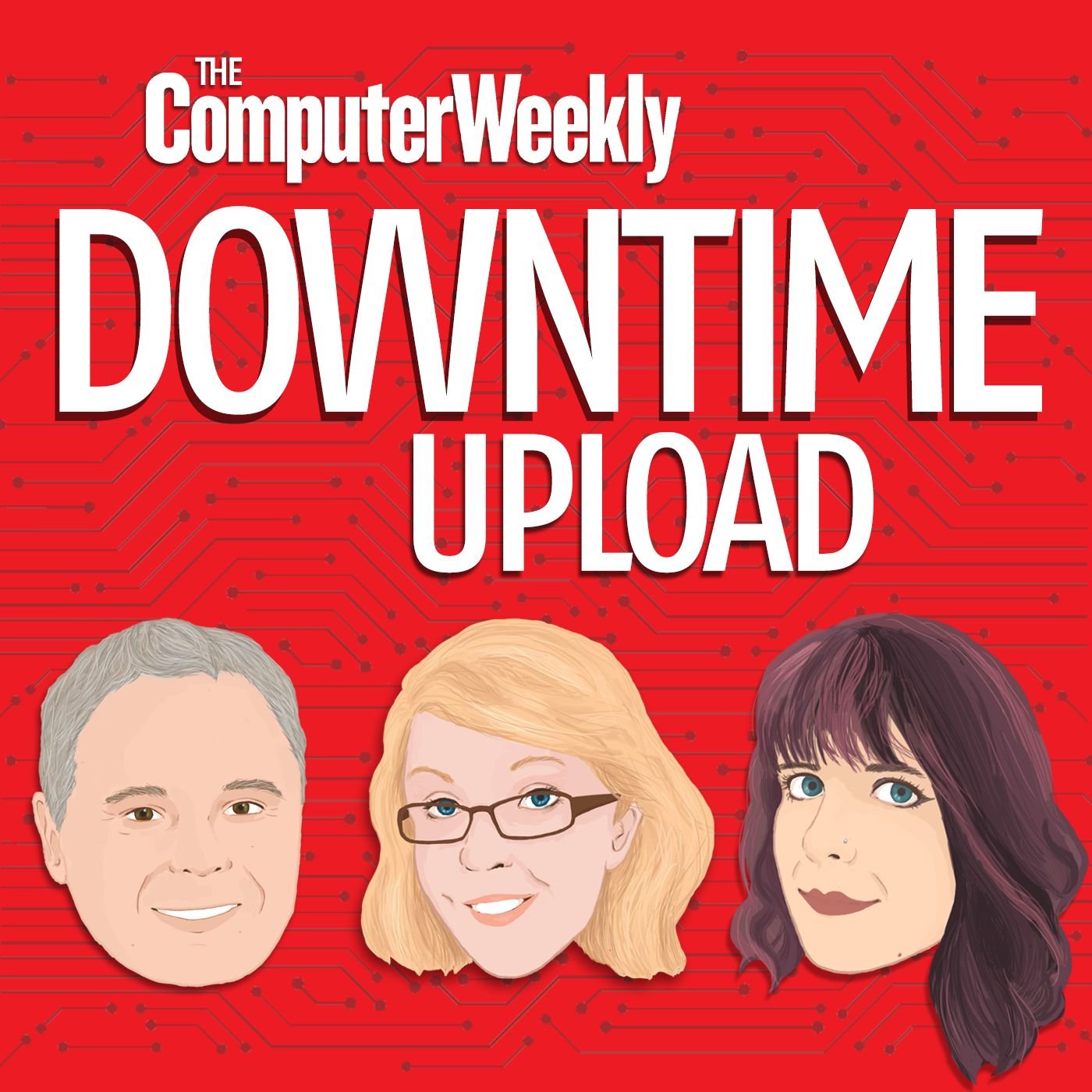
JDaniels
Podcast: The Computer Weekly Downtime Upload – Episode 54

In this week’s episode of the Computer Weekly Downtime Upload podcast, Caroline Donnelly, Clare McDonald and Brian McKenna talk about the likely legacy of lockdown for working lives, the mental health impact of the public health crisis, and how data scientists are looking to help by identifying signals of economic recovery.
In this week’s episode of the Computer Weekly Downtime Upload podcast, Caroline Donnelly, Clare McDonald and Brian McKenna talk about the likely legacy of lockdown for working lives in the future, the mental health impact of the public health crisis, and how data scientists are looking to help by identifying signals of economic recovery, as the world economy goes into recession.
- Recording on Friday 17 April, the day after the lockdown in the UK was renewed for three more weeks, the team first did a quick run round of what they are doing outside of work to keep themselves entertained.
- Caroline is digging for victory in her garden and displaying much ingenuity in guinea pig husbandry. She is also sharing her workspace with the guinea pigs.
- Clare’s been doodling on flower pots, watching a fair whack of television, welcoming back particularly Friday Night Dinner on Channel 4.
- Brian’s grand plans for musical education and novel writing have, predictably, come to naught. But he has read a fair amount and watched lots of TV, including The Nest, which shows off his native Glasgow to beautiful effect.
- Caroline gets the main part of the podcast going by noting how there has been much commentary to the effect that we are fortunate in having this crisis in a time when we have such good connectivity, and people can work from home effectively, and at scale. And entertain themselves.
- Video call technology has been especially vital. And while plain audio is probably better for journalistic interviews, notes Caroline, there are interesting moves afoot to go beyond flat video to more immersive, virtual reality environments. One example is a collaboration between UCL and IBM to use virtual reality to tackle loneliness. A study by IBM’s Institute for Business Value on loneliness in the era of social distancing has found that 43% of the ageing population feel lonely at least some of the time. As reported by Cliff Saran, UCL is now working on a project with IBM to investigate how technology can overcome the challenges of loneliness.
- Caroline says innovation along these virtual reality lines could be spurred on by the situation we are all in. And that this could be especially relevant to IT conferences, which tend to be passive, one-dimensional experiences, bereft of the usual in-person networking that you get with real events.
- Another story Caroline comments on is a Joe O’Halloran write-up of a Gartner report that says more than two-fifths of employees are likely to continue remote working after the pandemic is over, and we are in the so-called new normal. A Gartner survey of 229 HR managers has revealed that while 30% of their employees worked remotely at least part of the time before the coronavirus pandemic, 81% or more are now working remotely and 41% are likely to do so at least some of the time once a return to normal working is permitted. Some 15% of the managers said 61-80% of their staff are now working remotely.
- Given that remote working will become a new normal for a lot of people once the health crisis over, but also given it is alien to many workers right now, it’s important to try to understand the mental health implications of WFH in isolation. Clare has been looking into this in depth, and she shares some of her findings and thinking in the podcast episode. It’s important, she says, that many will not be used to using technology in this remote way, but also that it doesn’t suit everyone, especially those with more extroverted personalities.
- Advice coming from webinars on the topic – including those aimed at managers – includes: communicate, about how you’re feeling as well as what you are doing; have imaginative empathy. The NHS Every Mind Matters website and the Mind website have valuable advice on coping with the Covid-19 crisis, in terms of mental health. Staying connected, talking about your feelings and taking care of your physical health are all crucial. And don’t excessively check the news. Also keep to a routine aligned with your normal working life.
- A group of people who can work from home fairly easily – but who also need to collaborate and indeed thrive on collaboration – are data scientists and data engineers. A story emerged last week about how data scientists are passionately keen to help out as best they can in the current crisis, and Brian talks about that on the podcast.
- Cliff Saran covered this story – Rolls-Royce alliance focuses on coronavirus economic recovery – as news, and Brian subsequently interviewed Caroline Gorski, group director at the R² Data Labs, Rolls-Royce. Rolls Royce was one of the UK-based manufacturers to responded to the government’s “ventilator challenge”, to repurpose processes and supply lines to build ventilators. The 300 or so data scientists and engineers at Rolls-Royce decided to mobilise, too. They have set up an alliance of data analytics experts drawn from IBM, Google, the Leeds Institute for Data Analytics, University of Leeds and the ODI Leeds. Truata, a Dublin-based company that anonymises data, and Whitespace, a programme management firm, are also involved. The alliance is called Emer2gent and its goal is to identify signs of economic recovery in data patterns – such as, in Rolls Royce’s case patterns in aviation data.
- As Caroline Gorksi told Brian, confidence is key to economic recovery, and they will be looking to surface and amplify faint signals that could indicate recovery up to governments and corporate organisations to help with policy-making and investment decisions.


